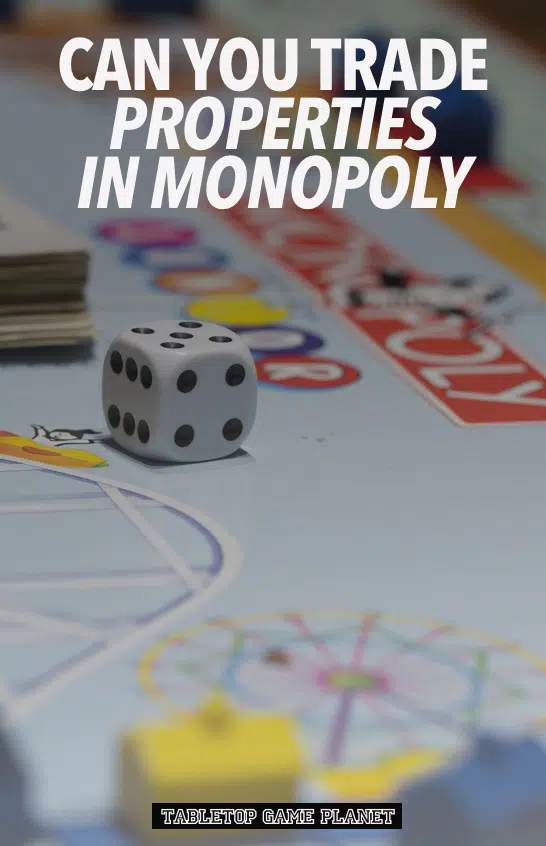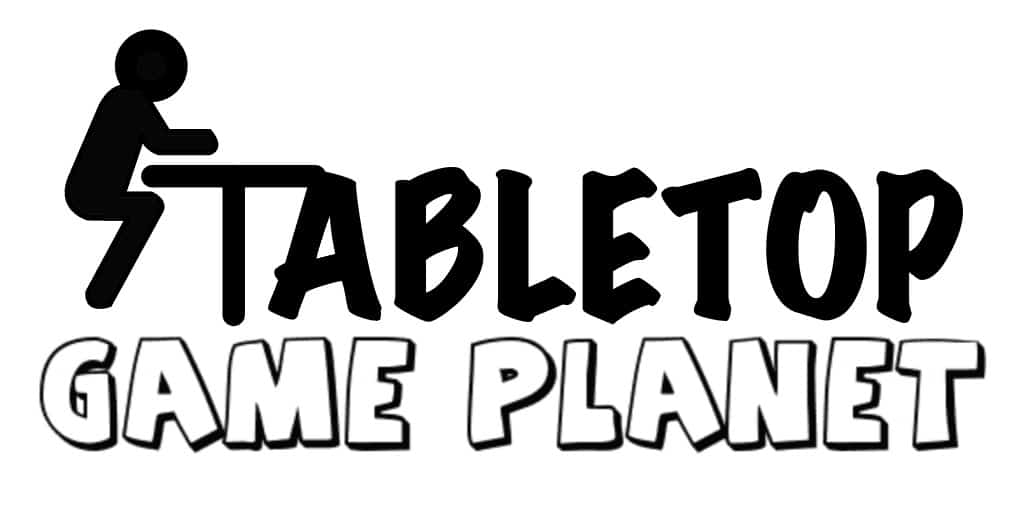Do you want to trade properties with opponents in the board game Monopoly? Trading properties can potentially happen during anyone’s turn, and sometimes it equally benefits both sides of the trade.
Can you trade properties in a Monopoly? Yes, you can trade properties in Monopoly. The players cut a deal amongst themselves, including buying and selling properties, cash and occasionally involves immunity.
The trading deals should include tangible items, including Get out Jail Free cards, cash and properties. Including immunity for landing on the space may be a house rule that should be considered.
When the game is played in a tournament mode, a player cannot trade items that involve futures.
Trading in Monopoly can be described as an essential operation that involves the transfer of money or property from one player to another in turn. Trade forms essential operation when it comes to the transfer of assert.
When a trade is made, it connects one player to another player. Players initiate trading in Monopoly mainly to help them acquire properties that will help them secure a monopoly of a colored group of properties to help them win the game.
However, there are rules when it comes to property trading, and it can only start when the properties in question are owned by the players.
In this article, we are going to share the rules for trades in Monopoly. Answered below are frequently asked questions about trading properties in Monopoly to make the game more exciting. Let’s dive in!
Are you allowed to trade properties in Monopoly?
Yes, you are allowed to trade properties in Monopoly. In fact, players can trade items during their turn or other players’ turns, which involves exchanging money, special cards, and properties with other players.
Official rules do not set any limitation regarding the trading of properties by players, and therefore players are allowed to trade their properties immediately after purchase.
Players are allowed to conduct any form of trade at any time they want, BUT not under the following circumstances;
- Giving and receiving of loans between players.
- Not allowed to trade properties that they don’t have the right of possession.
- Cannot trade Get Out Jail Free card for any price above $50.
- Trading cash for another player’s cash is illegal unless they need to change their bill to a different denomination.
- Avoid making trades that involve futures and immunities, for instance a deal should not offer five free lands on their properties.
- Not allowed to trade if they are declared bankrupt to ensure that they cannot pay all the debt they owe others.
- No trade can occur for developed properties, hotels and houses without the building being sold back to the Bank beforehand.
- A player who owes another player is not allowed to trade with that player if the deal cannot cover all the debt they owe.
Why do you trade properties in Monopoly?
Trading properties assists a player to achieve the winning strategy objective, which is to acquire properties and charge high rents. When players land one high rent properties, they may be unable to pay, go bankrupt and end the game.
This legal exchange cannot be evaded in the Monopoly game, so player’s focus should be to maximize their trade value to exchange for properties they need in their portfolio.
To win the game, a player needs to acquire as many properties as possible to bankrupt their opponent before they do. Depending on the circumstances, players typically need properties that will be advantageous to them.
For instance, the properties will block their opponent from creating monopolies. Or if the opponent players is working hard towards acquiring those particular properties, a player may consider trading for those properties before they land to the hands of the opponent player.
It is beneficial to trade because it helps players to get themselves out of a bankrupt situation.
When a player cannot pay the debt they owe to other players, that player can make a trade deal that can resolve the situation before all the assets they own are forfeited to the Bank. In such a situation, trade allows the player to sell hotels and houses at half the price to the Bank so that they can raise a significant amount to cover their debt.
Monopoly Property Trading Rules
Trading is a form of a transaction where a player may exchange owned assets with another player. Even though it is based on mutual agreement between the players, here are following rules to trade property in Monopoly legally:
- Trades involving giving and receiving of loans are only made by the Bank, but not amongst the players.
- Trade transactions involving properties are done if the two parties involved in the trade possess the assets.
- Player cannot trade cash for cash unless the transaction involves a change of bills to another denomination.
- A trade involving futures and immunities should include less than five free lands.
- Ensure that trading benefits all parties involved.
- Players facing bankruptcy can only conduct trade if they can resolve all the debts they owe.
- Completed deal cannot be cancelled.
- Players can trade while still in jail.
- When a trade involves developed properties, the buildings are sold back to the Bank at half the price before the property trade can take place.
How do you trade properties in Monopoly?
In terms of Monopoly official rule, a trade is carried out between players that involves selling and buying properties either for cash or for another property which are advantageous to the other.
In order to trade properties in Monopoly, players must trade either during one of their turns.
Each deal must include tangible items such as properties, cash, and Get Out of Jail Free cards.
The players put up an offer that is either accepted or declined, which may result in a counteroffer.
Building can never be part of a trade, and must be sold back to the Bank at half price before the properties can exchange ownership.
When trade is made, there is the transfer of property ownership. After the deal has been finalized, signaled by a shake of hands to show that all the parties involved have agreed to it.

Trading Properties in Monopoly: Conclusion
Trading property is an important action to benefit players to win by get out of bankruptcy and re-strategize the game for their needs. In Monopoly, there are two types of trading.
A trade involving the exchange of one property between two individual players requires cash or another property. This kind of trade results in a change of ownership of a property or transfer of money from one player to another.
Or a trade between a player and Bank involves mortgages and loans taken by various players and paid back to the Bank with an additional interest of 10%. Again, the trade allows a change of ownership status; the only difference is that full ownership is acquired after the player pays the mortgaged fee and interest.
Players can set their own house rules of the Monopoly game, and some of these rules prohibit the trading of specific properties at a given time.
For instance, the rules may hinder trading until all properties have been purchased, or the rules can set the number of times trading can occur around the board.
Trading properties are allowed between players at any time. And according to the official rules for Monopoly games, there is no particular limitation for trading.
However, the only items that players can trade is properties, cash, or Get Out of Jail Free cards that are tangible items. Even players in jail can trade with others based on this guideline.
Some house rules include immunity for landing on a specific space, however this is ill-advised and goes against Monopoly tournament rules.
When the Bank is involved in trading, properties and buildings are sold at half the price. So, be aware who you are dealing with and understand how to get the most value for your assets when you trade properties in Monopoly.
